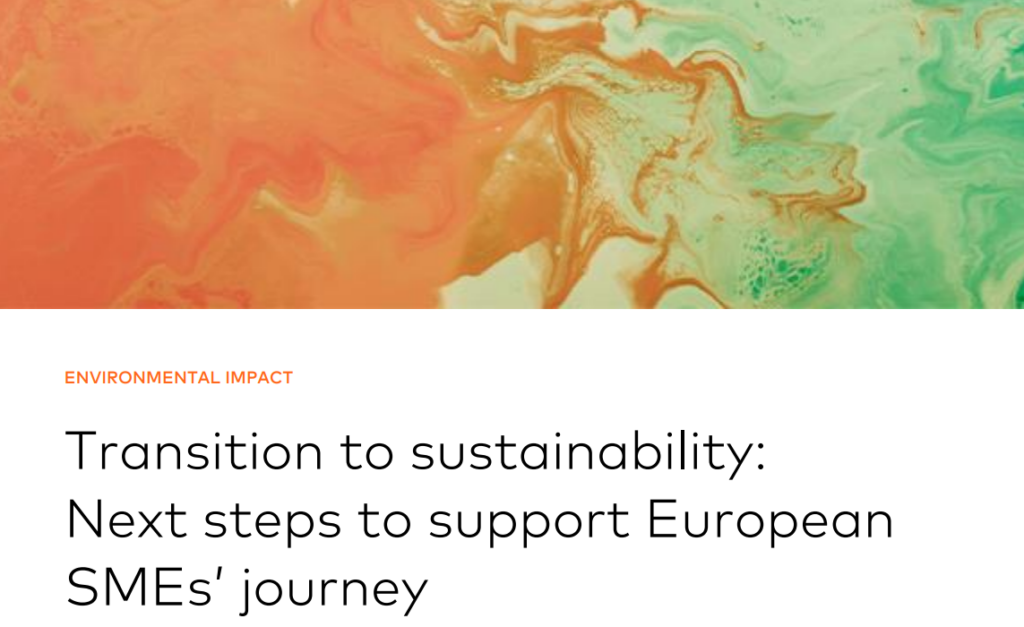This paper focuses on the role of micro and small enterprises (MSEs) in the EU’s environmental transition. It considers the obstacles they face and possible solutions to ensure a sustainable and prosperous transition. MSEs represent a significant proportion of EU businesses, micro enterprises alone accounted for 93.6% of all European enterprises in 2023, employing nearly half of the enterprise workforce. Despite their size, MSEs are responsible for a considerable proportion of environmental impact. According to OECD data, they contribute to 40% of greenhouse gas emissions in general, and half of industrial pollution.
While a growing number of MSEs are committed to improving sustainability, only 42% are implementing at least five resource efficiency measures, such as saving energy and minimising waste. Access to finance remains a critical barrier: 55% of SMEs cite it as a substantial obstacle, and 70%
indicate a need for additional financial support to accelerate their green transition. To address these challenges, the paper recommends (1) to increase MSEs’ awareness and knowledge of support schemes and technical expertise, (2) to simplify regulatory and reporting requirements and (3) to improve financial support through targeted financial instruments and incentives.
The paper highlights the importance of a tailored support tool, such as a one-stop-shop platform, to provide MSEs with the necessary resources and facilitate their transition to a more sustainable model.


